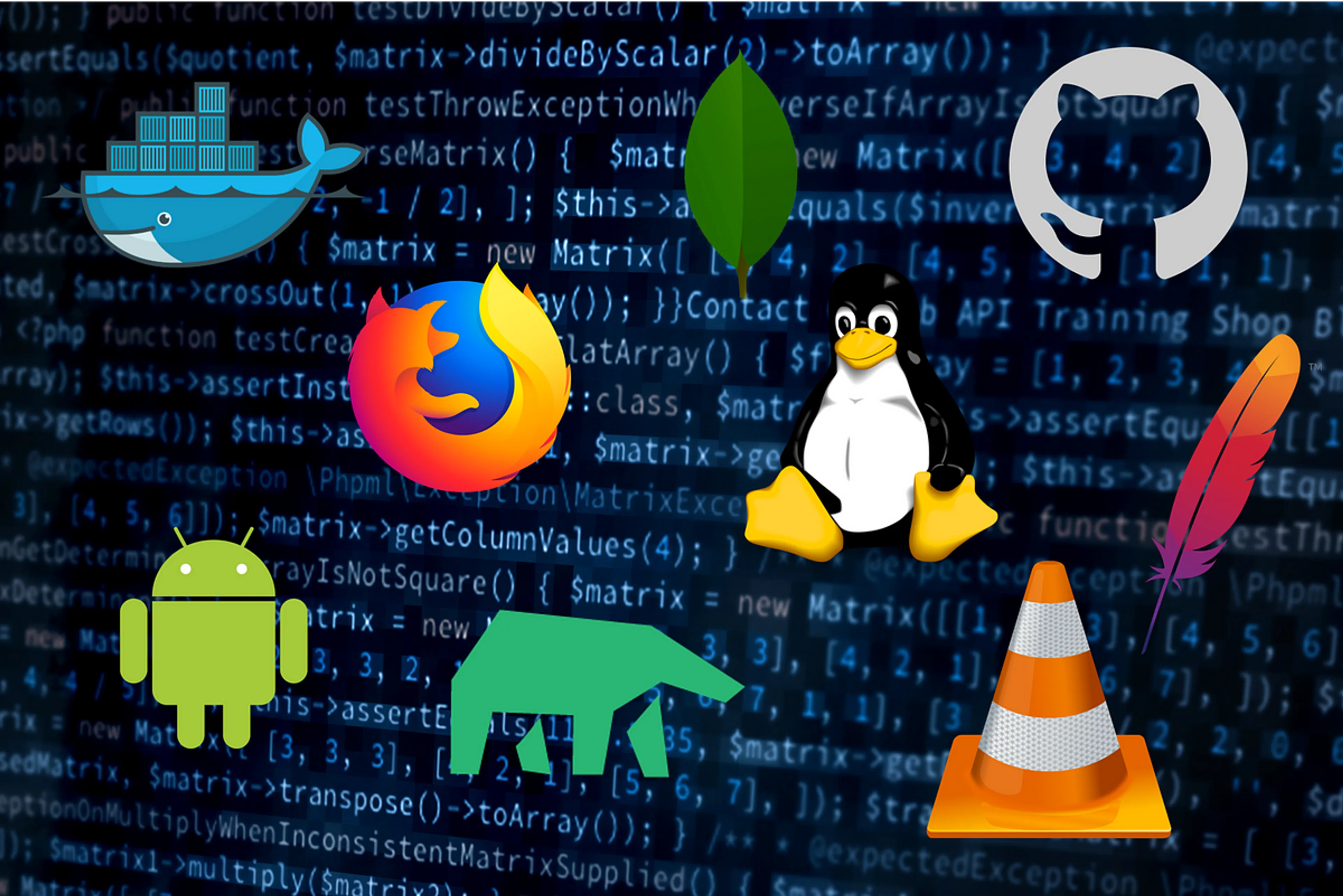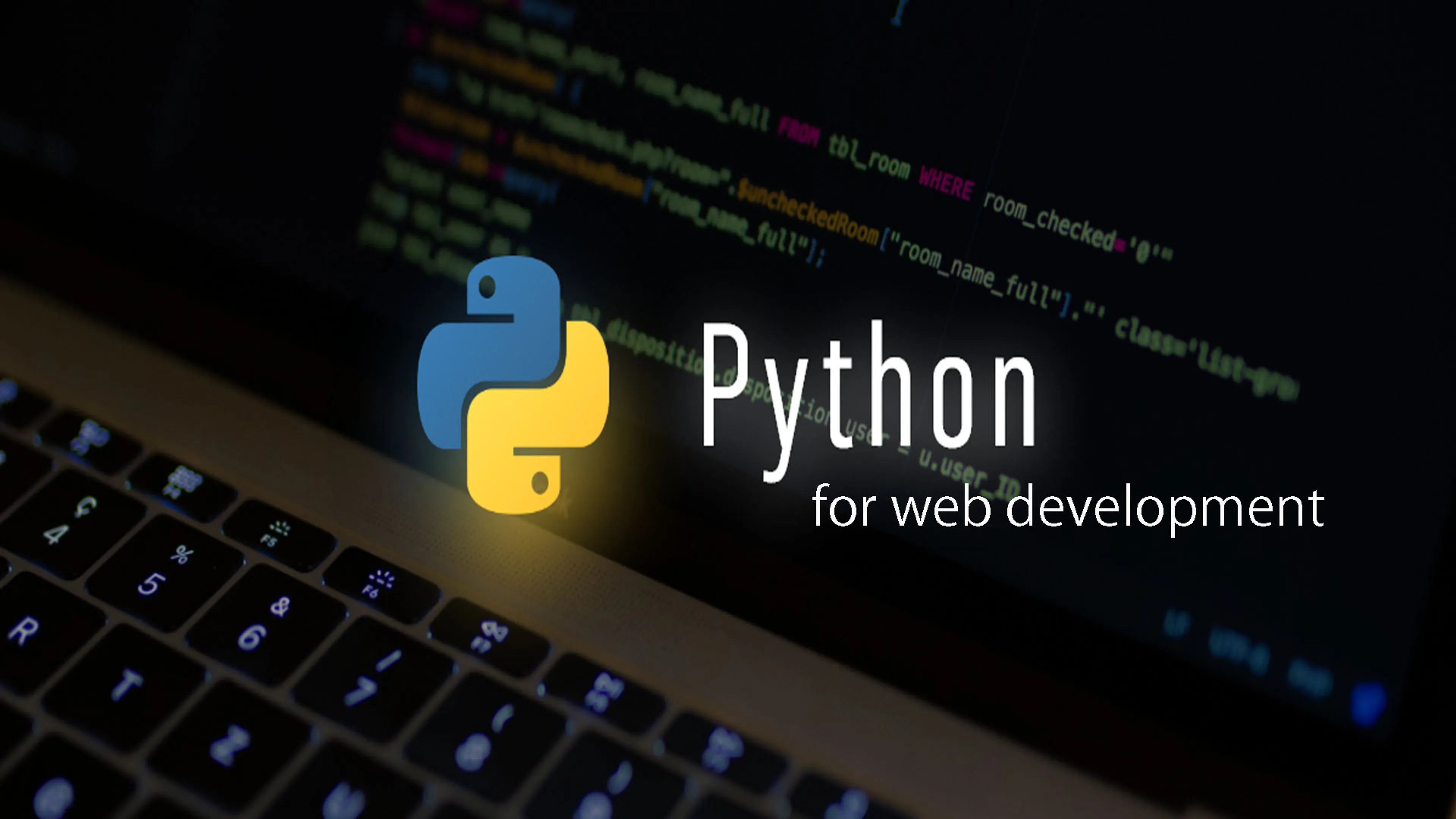
Open source software plays a pivotal role in today's tech landscape, powering a vast array of applications and systems that we rely on daily. Contributing to open source projects not only benefits the broader developer community but also enhances your skills, expands your network, and offers a sense of fulfillment. In this guide, we will walk you through the process of contributing to open source projects, from finding the right project to submitting your first pull request.
1. Why Contribute to Open Source?
Contributing to open source projects offers several advantages:
Skill Development: You can gain practical experience, improve coding skills, and learn from experienced developers.
Portfolio Enhancement: Open source contributions can enhance your portfolio, showcasing your ability to work on real-world projects.
Networking: Collaborating with open source communities allows you to connect with like-minded developers and potential employers.
Giving Back: Contributing to open source is a way to give back to the community and support the continued development of free and accessible software.
2. Choosing the Right Project
Selecting the right open source project to contribute to is crucial. Consider the following factors:
Interest: Choose a project that aligns with your interests and passions, as this will keep you motivated.
Skills: Assess your skills and look for projects that match your expertise.
Activity: Projects with an active community and frequent updates are often more beginner-friendly.
Contributor Guidelines: Review the project's contribution guidelines to understand the expectations and requirements.
3. Getting Started
Once you've identified a project, here's how to get started:
Familiarize Yourself: Study the project's documentation, codebase, and issue tracker to understand its structure and goals.
Join the Community: Engage with the project's community by joining mailing lists, forums, or chat channels.
Start Small: Begin with small tasks, such as fixing typos, improving documentation, or addressing straightforward issues labeled as "good first issue" or "beginner-friendly."
4. Making Contributions
When you're ready to make contributions:
Fork the Repository: Create your own copy of the project's repository on platforms like GitHub.
Create a Branch: Create a dedicated branch for your work to keep your changes isolated from the main codebase.
Make Changes: Implement the changes or additions you intend to contribute.
Test Thoroughly: Ensure your code works as expected and write tests when applicable.
Follow Coding Guidelines: Adhere to the project's coding style and guidelines.
Submit a Pull Request (PR): Open a PR to propose your changes. Provide a clear description of your work and reference any related issues.
5. Collaborating Effectively
Effective collaboration is key to successful open source contributions:
Communication: Maintain open and respectful communication with other contributors and maintainers.
Feedback: Be open to feedback and iterate on your contributions as needed.
Code Reviews: Be prepared to participate in code reviews and provide feedback to others.
6. Building a Reputation
Consistent and quality contributions build your reputation in the open source community:
Be Reliable: Stick to your commitments and timelines.
Documentation: Improve project documentation to help others understand and use the software.
Mentorship: Consider mentoring new contributors to give back and share knowledge.
7. Handling Rejection
Not all contributions will be accepted, and that's okay. If your PR is rejected or requires revisions:
Learn from Feedback: Use feedback as an opportunity to improve and grow.
Persistence: Don't be discouraged; continue contributing and refining your skills.
8. Conclusion
Contributing to open source projects is a rewarding journey that benefits both your personal growth and the broader developer community. By selecting the right project, actively engaging with the community, and consistently delivering quality contributions, you can make a positive impact and establish yourself as a valuable open source contributor. Open source is a collaborative ecosystem, and your contributions play a vital role in its success and sustainability.


